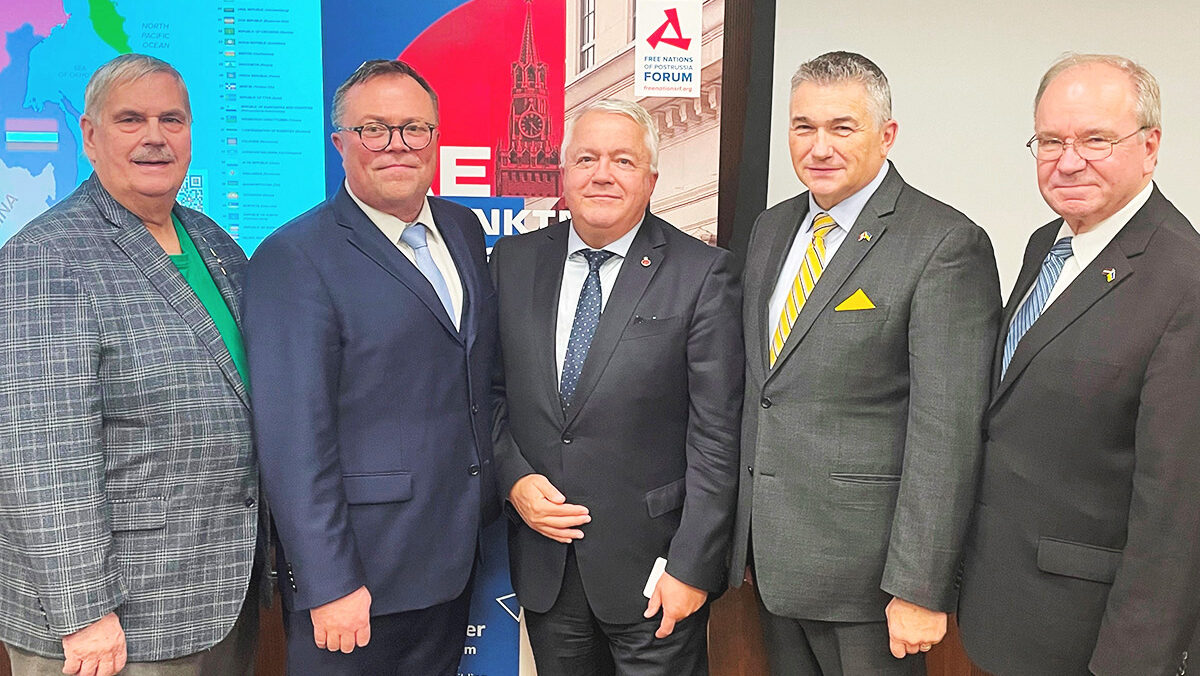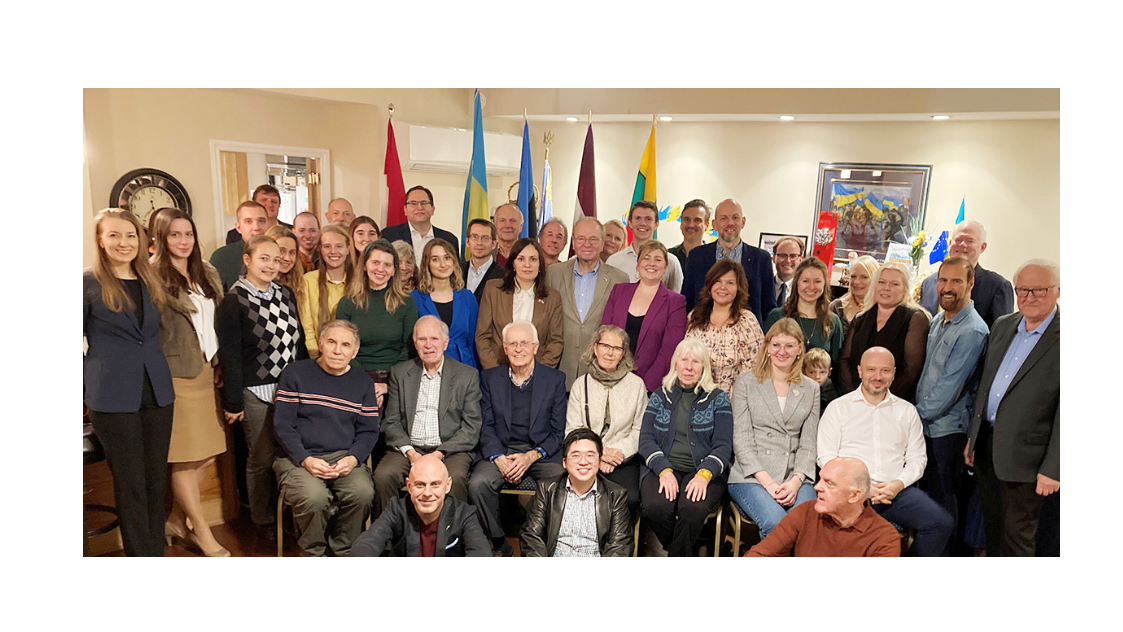Although thousands have been arrested for protesting the war, it’s difficult to measure the level of support for Putin’s war. Kremlin-backed pollsters have placed public approval of Putin at 70%. But the society is divided and disoriented. However, according to the Levada Centre, before the attack, only 4% of respondents to a survey said Russian leadership was responsible for any military confrontation.
Even though the invasion and annexation of Crimea happened eight years ago and the current attack against Ukraine is on a different scale, the Russian people’s reaction in 2014 is something that may be imbued within their culture, their strange understanding of nationalism, of Russia as a dominant world power justifiably wielding its might – concepts that have been fed by the Kremlin for generations. Not surprisingly, Putin’s popularity then soared to over 80%. The Russians whole-heartedly applauded an illegal and also brutal action condemned by the West. Is it the thought of dead young conscripts sent home for burial (the Kremlin falsifies Russian losses) or sincere support for Ukrainians being slaughtered that drives fearless Russians to the streets in protest?
(As of this writing, a private report from Estonia states that Russian casualties are not being sent home for burial for fear of heightening anti-war feelings and thus boosting street protests and open petitions. Putin desperately needs to keep the public in the dark as to the lack of success so far.)
Some Russian academics insist that political polls under authoritarian government are biased toward government decisions. It was a natural fear of punishment for giving a wrong answer and this fear has likely deepened during Putin’s harsh rule.
It’s fear and corruption that Putin wields as he keeps a stranglehold on Russians. Putin has systematically falsified and vaguely formulated the aims and tactics of the invasion. Some observers in Russia are convinced that the people’s state of mind has been ruined by Putin’s relentless campaign to stamp out any signs of a liberal democracy.
It may not be too farfetched to find a reason why refugees from Odessa and Kharkiv, mainly Russian-speaking cities, are heading west and not east to their land of heritage. They have not been totally indoctrinated with Putin’s systematic false messaging, aimed for years their way. Being in Ukraine, their access to Western news and comment has not been blocked as it has been in Russia.
(Read more: Estonian Life No. 10 2022 paber- and PDF/digi)
Laas Leivat, Toronto



